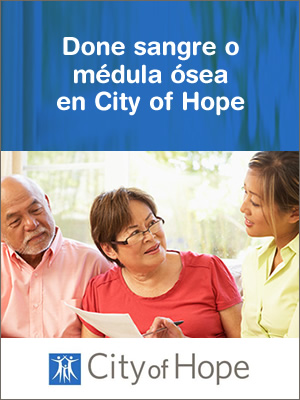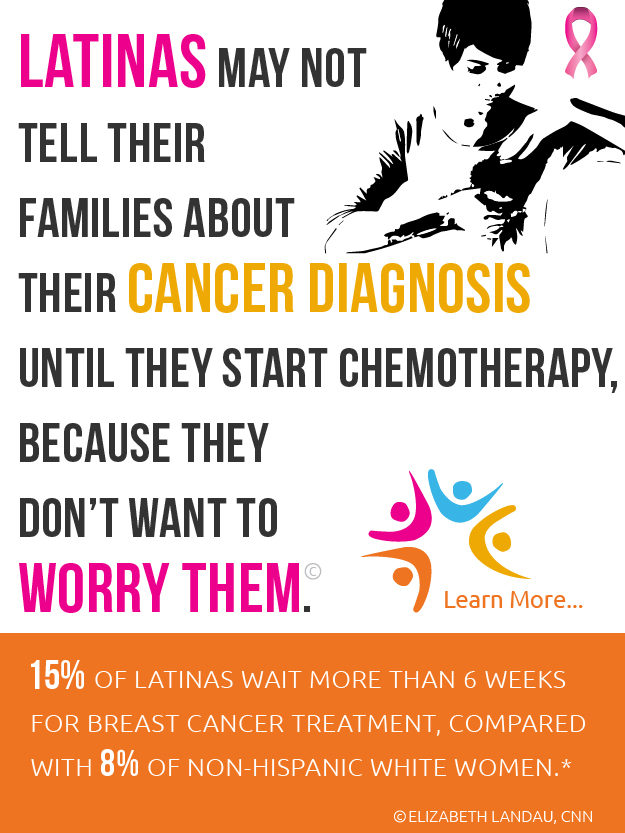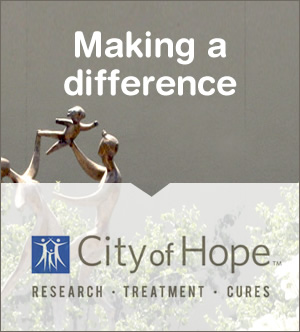
Cancer patients often 'retraumatized' by coronavirus: How to cope
08/12/2020 06:00AM | 3137 viewsWriting in The Atlantic, Caitlin Flanagan describes her 17-year battle with metastatic breast cancer, starting with her shock and fear when she was diagnosed: “Stage IV cancer! Could it get any worse?”
In an accompanying podcast she talks about an additional fright when the COVID-19 pandemic broke out. She realized how vulnerable she was because cancer treatment had damaged her lungs.
At first, she panicked.
“My fear was so huge ... I just felt [the virus] could be seeping under the front door, it could be coming in around the window.”
She’s far from alone in her fears.
“Cancer by itself can be a traumatic experience,” explained Mona Mojtahedzadeh, M.D., assistant clinical professor in the Department of Supportive Care Medicine, Division of Psychiatry. “And the trauma is ongoing, with every new procedure, every new scan providing constant cues and reminders.
“And when you add COVID-19, all of those cues get reinforced, because this virus is really stressful and also impacts our sense of safety, and now we can’t even rely on our support system because of physical distancing.”
Most cancer patients understand that they face a higher risk from COVID-19 compared to the general population, a fact that may intensify their anxiety. These days Mojtahedzadeh is busy identifying which of her patients are most vulnerable emotionally, most susceptible to this intensified fear. She helps them regain control.
Two of the biggest dangers, she says, are “catastrophizing” — turning molehills into mountains, believing something is far worse than it actually is, and “over-generalizing” — hearing about someone’s unique difficulty, for example, and believing it’s going to happen to you. “These thoughts can set off a vicious cycle and actually cause physical symptoms,” she said. “Your heartbeat will increase, you’ll start sweating, things like that.”
When fear starts playing those mind games, it’s important to find a path back to reality.
“I help people understand their thoughts, how they got to this point, show them how to label it so they can gain control and bring themselves back into the present,” explained Mojtahedzadeh. This is done through a variety of coping mechanisms designed to calm nerves, center your thinking, help you understand what’s happening around you, restore balance, and enable you to reach out and take positive action.
Using proven techniques
If any of that sounds familiar, it ought to. Long before COVID-19, Mojtahedzadeh and her fellow mental health professionals were teaching such skills to cancer patients in emotional distress. In fact, Mojtahedzadeh says many of her patients have automatically reached back to those techniques they learned in order to successfully navigate their current coronavirus concerns.
In other words, she says, what worked before will work now. Here’s her short list:
- Relax! If you’re in acute distress, start with relaxation techniques, like deep breathing and progressive muscle relaxation, but also things like grounding and mindfulness — focusing on what’s around you, what you’re sitting on, what you’re standing on, etc. Some people meditate. Others listen to music or take a walk in the woods — whatever helps you break the immediate pattern of anxiety.
- Identify. Write down your thoughts and emotions, and the actions they’re prompting you to take. Are you exaggerating the significance of a cold, a cough? Look for alternatives. Take control of what you’re saying to yourself.
- Connect. Ask yourself, “How are my current feelings of stress connected to my past traumas?” Examine that relationship to help achieve a sense of control.
- Reach out. We may be self-isolating, but this is no time to be alone. Remain socially connected, for safety’s sake, to family, friends and community.
- Go easy on the news. Keep up with the latest safety information, but try not to overdose on the nonstop torrent of pandemic news.
- Help others. Altruism is powerful. If you’re able to ease someone else’s troubles by sharing your past experiences, it can create a sense of meaning and pride in yourself.
- It’s OK to ask! Maintain a low threshold for seeking help. Don’t be a hero or martyr. Be flexible. The right assistance, be it psychological help or medication, can make a big difference.
- Unity. Unlike individual, highly personal challenges brought on by cancer, this pandemic is a shared crisis. Remember that we’re all in this together, and we’re only safe if we’re all safe, so we need to help each other.
And remember to practice self-care, which is, after all, one thing you can control.
"Be a good steward of yourself," Mojtahedzadeh said.











Post your Comment
Please login or sign up to comment
Comments